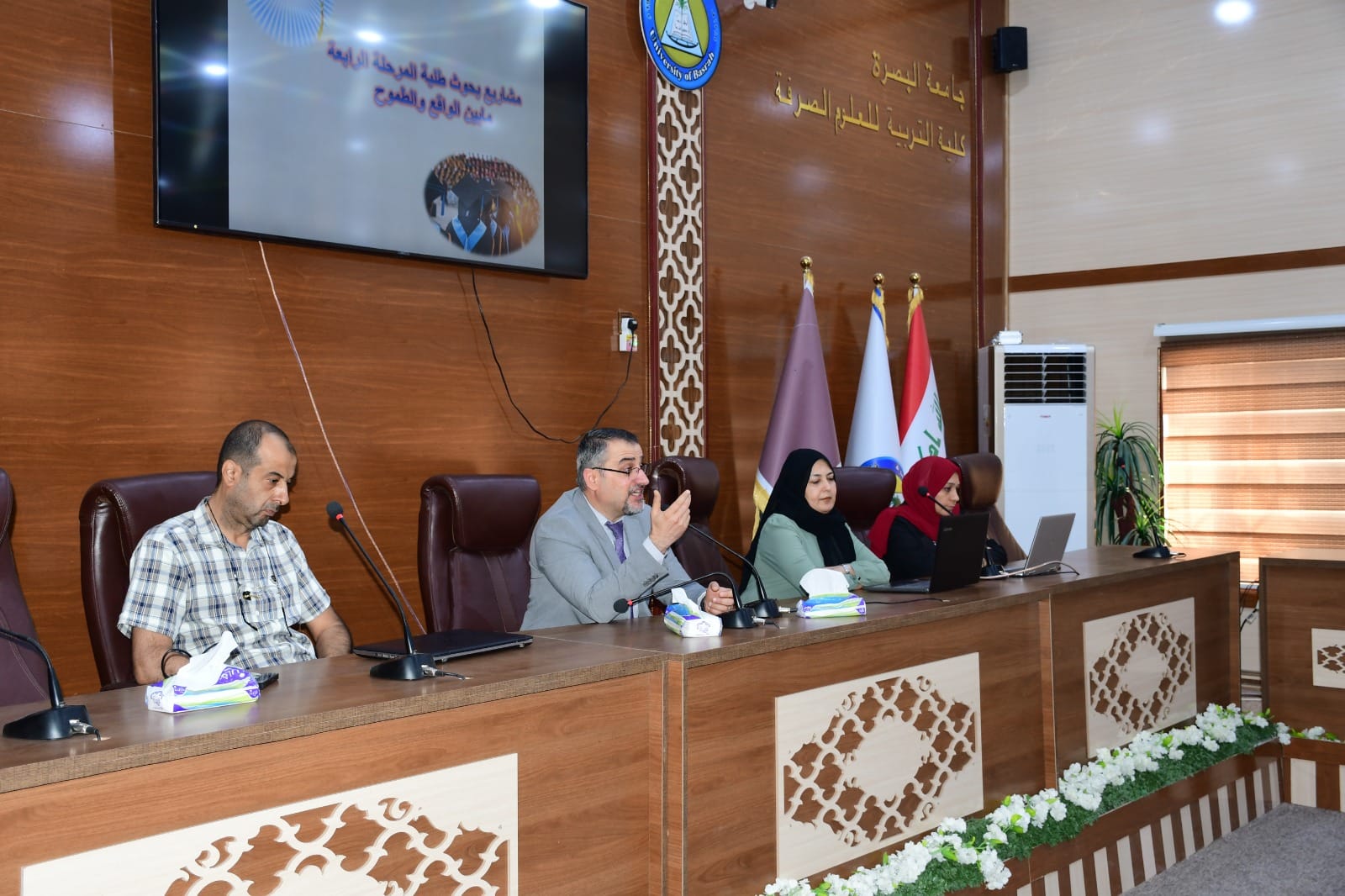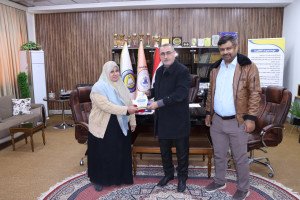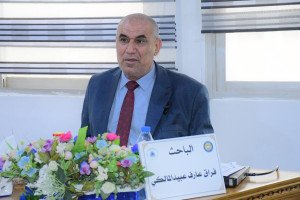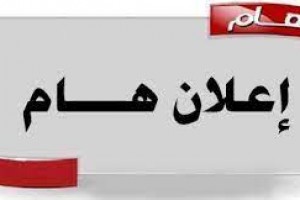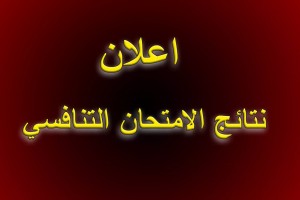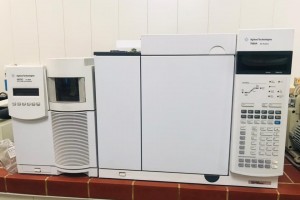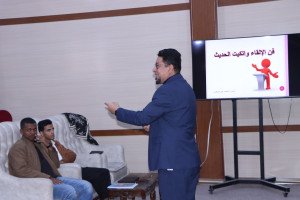
The Educational Guidance and Psychological Guidance Unit, in cooperation with the Center for Development and Continuing Education and under the auspices of the Dean of the College of Education for Pure Sciences, Professor Dr. Muhannad Jawad Kazem, organized a workshop for fourth-year students entitled (The fruit of your university years... your graduation research)
The workshop aimed to introduce students to the mechanism of preparing graduation research in accordance with the basics and conditions for completing research in the college’s five departments, ways to improve the preparation of academic scientific research that keeps pace with scientific development, and the most important programs that help students obtain scientific sources and references and employ artificial intelligence in preparing research using the latest programs, including Chat PDF CHAT GPT, consensus, and Elicit, and the most important criteria for evaluating graduation research by the discussion committee and the supervisor
Everyone present
Assistant Professor Dr. Jassim Mohammed Saleh - Department of Chemistry
Lecturer, Dr. Amal Ali Yassin - Department of Life Sciences
Lecturer: Dr. Musa Kazem Shamer - Department of Physics
Lecturer: Dr. Khaled Abdel-Ilah Abdel-Zahra - Department of Mathematics
Lecturer: Dr. Wijdan Yassin Abdel Karim - Department of Computer Science
A dialogue took place between the lecturers and the students in the presence of the Dean of the College to identify and identify the most important difficulties facing the students in preparing their graduation research and the strengths and weaknesses in completing the research.
The workshop was also summarized with a number of recommendations, including:
1. Emphasis on writing an academic scientific research in which all components of the research are present, formulated in a precise manner and free of spelling and grammatical errors and imprecise translation.
2. It is necessary to allocate an hour within the weekly schedule called the research project for the purpose of freeing up students to complete their research
3. Providing appropriate laboratories to encourage students to engage in practical research and supporting practical research by providing the necessary supplies for research
4. Giving the scientific research methodology lesson more attention because it is the basis for writing a graduation thesis, with the possibility of transferring it from the fourth stage with conducting mini-research with the scientific research methodology lesson to train students.
5. Integrating research through the participation or coexistence of primary research students with master’s and doctoral students and state health and agricultural facilities.
6. The necessity of preparing student research evaluation forms for each department, discussion committees, and supervisors that include a number of points that must be met in the requirements for completing graduation research.
7. Serious support for practical graduation research and issuing instructions that emphasize the need for the student to prepare his research himself, through the professor’s follow-up, ensuring that the student prepares his research himself and not by private offices, and staying away from research that is ready-made reports pulled from the Internet.
8. Reconsidering the method of distributing research. We suggest that there be one project for a group of students for each professor, provided that the project includes a scientific addition or solution to a social, industrial, or academic problem.
9. Discussion of research takes place in a more scientific manner by holding a conference for all graduation research in the presence of professors, students and each specialty on one day. The student presents his project and discusses it. As is the case for practical research, the prepared research must be submitted a sufficient period of time before the day of discussion for the purpose of good reading.
10. The professor follows up on his students, sends monthly reports to the department’s graduation research committee, and relies on modern topics that keep pace with the times
11. Choosing theoretical research of a renewed scientific nature to shed light on the latest findings of science and to stay away from what is known and repeated.
12. Conducting a questionnaire at the end of the academic year for the purpose of evaluating graduation research and writing proposals on ways to advance the educational and scientific reality of graduation research.
